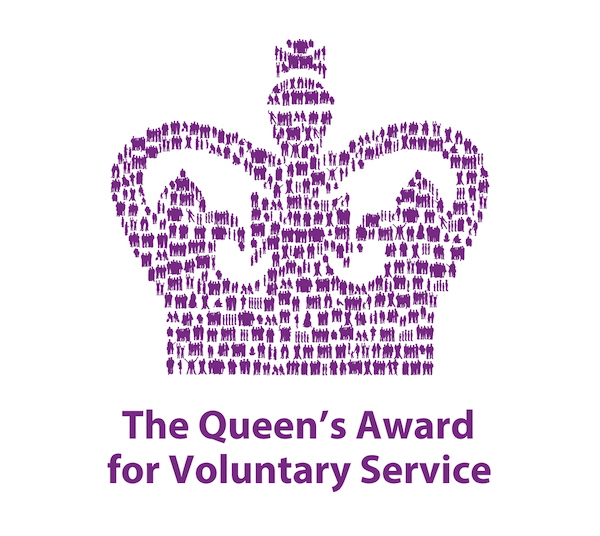We regularly hear comments from our women about the sense of loneliness and isolation they experience. When women survive abuse, histories of mental ill health or other complexities, loneliness is often something that is not specifically. addressed. Yet we know that loneliness has a profound impact on a person’s ability to recover and to heal. Research studies inform us that loneliness is key critical to causes of the negative impacts connected to mental and physical ill health (see Campaign to End Loneliness). Dr. Dhruv Khullar, at Weill Cornell Medicine in New York, cited evidence of the impact of loneliness on sleep disruption, abnormal immune responses and increased cognitive decline among socially isolated individuals. He calls this “a growing epidemic.” Furthermore, loneliness has been linked to the development of other serious chronic health conditions, including depression, high blood pressure and dementia. Individuals who experience loneliness are more likely to smoke and drink too much, loneliness is therefore connected with poor health, and causes some of the behaviours that can harm our mental and physical health.
One of our newest Cohort 4 members reported not leaving her flat for many days at a time, not talking to another person during that time and in developing feelings of wanting to self harm. She told us that these awful thoughts were creeping into her head regularly and her sense of isolation was overwhelming. Another message I received from one of our women a while ago brought home how effective Cohort 4 are in addressing one of the lower priority areas when considering the multiple impact of abuse and disadvantage in the lives of women. A less recognised or acknowledged impact, but fundamentally important issue impacting on many survivors of domestic and/or sexual abuse – loneliness.
“I’m not sure if i have told you about how lonely and scared l was feeling before you asked me to join your group, I had feelings of me being lost and sad for the rest of my life ……..BUT along you came and that feeling is disappearing and i have things to look forward to. Thank you X”
A domestic abuse perpetrator is likely to seek to isolate their partner from family and friends. Once the trauma and direct physical abuse ends, often the person surviving has no support network and few friends to encourage them to rebuild self esteem and self worth. The process of abuse can include aspects of secrecy, shame or social exclusion. Our groups have shown how important it is to come together as a community, just to laugh again, to make and create friendships. Sessions with fellow women can be important in terms of increasing a safe support network. It isn’t just about making craft items, or the group lunches, but in enhancing a sense of identity, of confidence and of creating hope. So, Cohort 4 women meet up to connect to each other and to reduce isolation and loneliness. Women from 18 through into their 70’s. Positivity, friendship, non judgement. Nothing elaborate, nothing particularly technical, just old fashioned community development and care. It works!
#womensupportingwomen #inclusion #community






Recent Comments